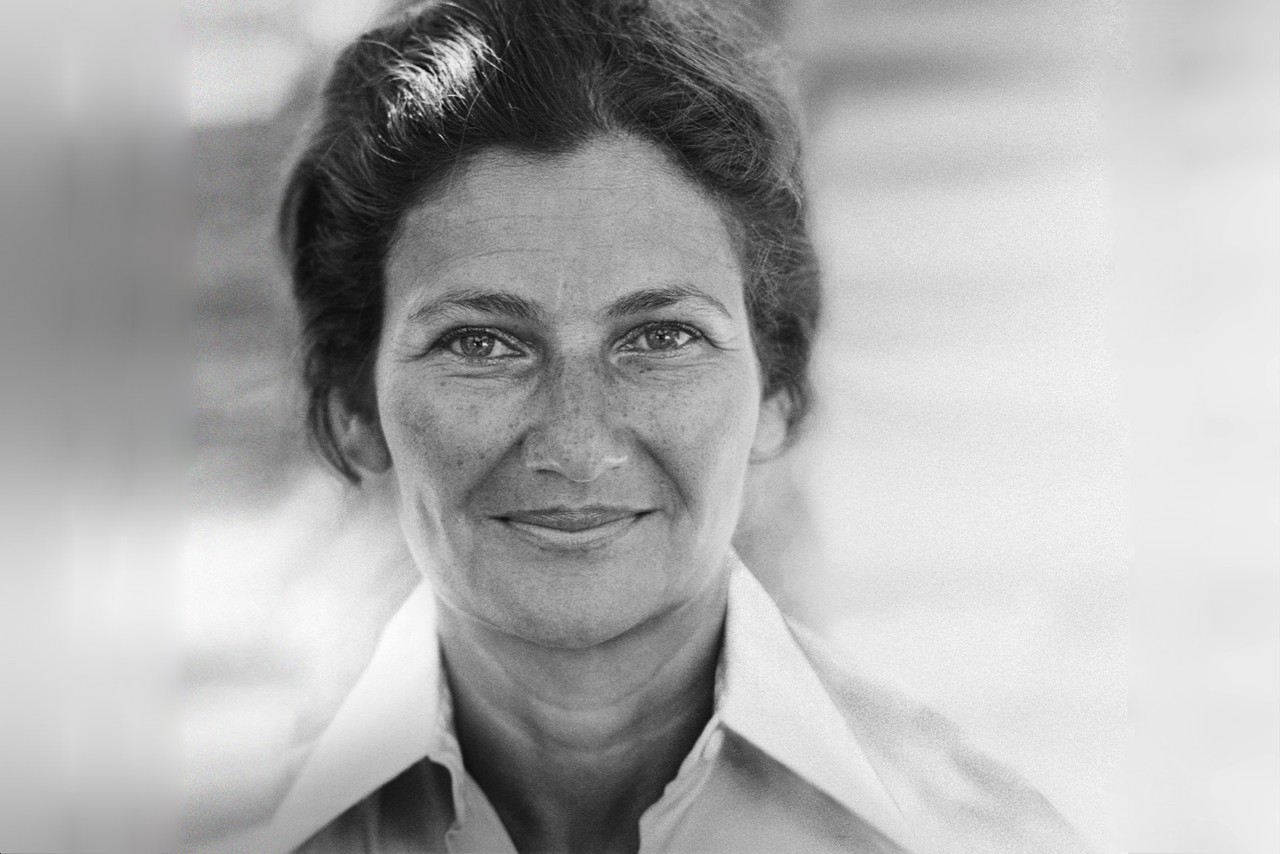Simone Veil, born Simone Jacob on 13 July 1927 in Nice, France, was a Holocaust survivor and a prominent figure in post-war French society. She was the youngest of four children in a secular Jewish family. With the Nazi occupation of France, her life took a dramatic turn. In March 1944, at just 16 years old, she was arrested by the Gestapo alongside her family and deported to Auschwitz-Birkenau. Her father and brother were deported to Lithuania and never returned, while Simone, her mother, and her sister Madeleine were sent to the concentration camp. Despite enduring forced labor and inhumane conditions, Simone survived. Tragically, her mother died of typhus in Bergen-Belsen before the camp’s liberation in 1945.
Returning to France after the war, Simone Veil pursued legal studies at the University of Paris and began a career as a magistrate, focusing on prison reform and the welfare of detainees. Her wartime experiences deeply influenced her dedication to justice and human rights. In 1974, she was appointed Minister of Health, where she successfully championed the 1975 “Veil Law,” legalizing abortion in France, a landmark achievement in women’s rights. In 1976, Simone Veil talks about her experiences as a deportee in a 14-minute documentary for French television, at a time when widespread Holocaust denial is gradually coming to an end.
Simone Veil’s influence extended beyond France. In 1979, she became the first woman elected president of the European Parliament, promoting European integration and human rights. Alongside her political career, she remained committed to Holocaust remembrance. She played a leading role as president of the Fondation pour la Mémoire de la Shoah (Foundation for the Memory of the Holocaust), ensuring the memory of the Holocaust was preserved for future generations.
Simone Veil authored her memoirs, which highlighted her personal experiences and advocacy, shedding light on the resilience required to rebuild after the horrors of the Shoah. Her legacy was further cemented in 2018 when she and her husband Antoine were interred in the Panthéon, making her one of the few women to receive such an honor.
